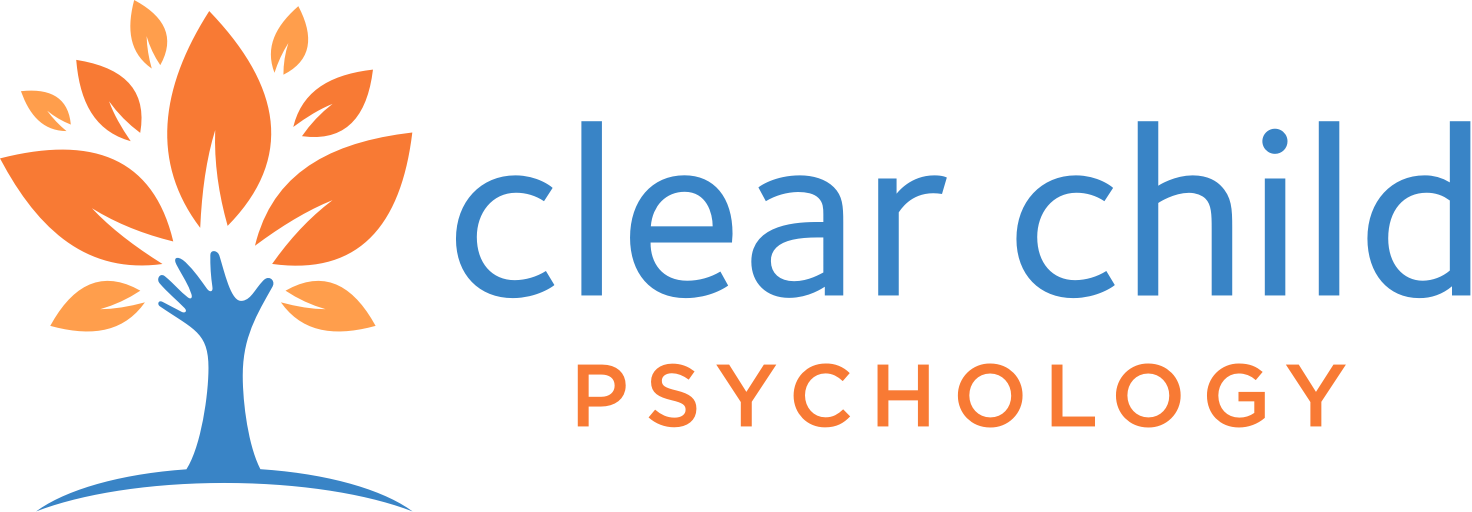Children who are multilingual may appear to have trouble with speaking or communicating. Sometimes, multilingual children are mistakenly thought to have a delay or disorder. Certainly, it is possible to be multilingual and also have a disorder or disability, but it is very important for clinicians and school professionals to know the difference.
Bilingual and multilingual children are also not referred to as ‘English Language Learners’ (ELL), given that they are fluent in English. This distinction is critically important. Bilingual or Multilingual children hear two or more languages in their environment on a daily basis. This language exposure can alter the course of linguistic development to a degree.
Sometimes, kids who hear multiple languages from birth may speak later than their peers who are monolingual. They might appear to be slower to learn because they are working on vocabulary and gestures in more than one language. Vocabulary might be stronger in one language and might appear later in the others.
You might notice your child knows a word for something in one language but might not know it in another language. For example, your son might say “dust pan” in your native language spoken at home even though he knows the English word for the same object.
She may not be aware that others don’t know a word she is using, and may assume everyone knows the same languages she knows. He might sing in both languages without realizing he is mixing them together. When reading with your child, she might point to pictures in the book and label them with words in the different languages she speaks.
What do challenges with Bilingual and Multilingual look like?
- Speaking more than one language and having communication challenges in English?
- Late in talking but fluent in multiple languages?
- Speaking one or more languages at home but hearing English at daycare or school?
- Appearing to understand your native language at home and to understand the teacher at school but choosing to only speak English?
- Answering questions in different languages (i.e. you ask a question in your native tongue, and your child responds in English)?
- Mixing up words from two or more languages in one sentence?
Why is Bilingual and Multilingual happening?
Research suggests that bilingual or multilingual children benefit from their multilingualism in terms of cognitive development. Although monolingual children tend to have bigger vocabulary than bilingual children at very young ages, the bilingual child will eventually catch up after some time spent in school. Further promising research has indicated that they do better on tests of cognitive flexibility, divergent thinking, and metalinguistics. The term ‘code-switching’ is used to refer to the changing between languages or dialects that multilingual children can generally do with ease. Code-switching serves several purposes:
- The bilingual or multilingual child will sometimes use the primary language when he cannot think of the word or idea he wants to say in the second language.
- Another purpose is to demonstrate a sense of solidarity and membership with the group speaking that language.
- Finally, code-switching may occur to show a certain demeanor or attitude. A parent may ask the child to do something in English, and if the child does not do it, she may repeat the command in her native language.
Usually, bilingual or multilingual kids think in all languages they speak, and they “translate” in their heads before explaining what they want to say. Sometimes they may suffer from the “it’s on the tip of my tongue” phenomenon and may take a little longer to find a word, but this experience is normal.
How can I manage Bilingual and Multilingual at home?
Allow your child to be exposed to all of the languages he knows and to continue to understand them and grow vocabulary. Talk to your child’s teacher to get your child involved in groups or activities in school or after school with other multilingual kids. Give your child time to express himself in each language. You may see that your child prefers English for all academic skills and your native language(s) for home only.
Talk to a speech language pathologist if language concerns arise in all of the languages your child speaks. You may need to talk to the learning specialist about getting ideas to help with writing tasks or math skills or reading appropriate level books if a language delay or disorder is present. Talk to your school psychologist if you suspect any social-emotional issues due to multicultural factors.
Many districts have schools that provide instruction in more than one language. You could consider a bilingual learning environment for your child if you are promoting speaking two or more languages at home. Having a school program that teaches reading and writing in both languages your child speaks may help to round out his or her education.
How can Clear Child Psychology help with Bilingual and Multilingual?
We Help You, Immediately
Our Free Discovery Session is a 20-minute consultation where we can talk one-on-one about the concerns and questions you have about your child.
We Help Determine Next Steps
Our Initial Consultation allows us to get a deeper understanding of your child’s needs and determine if an assessment is appropriate.
We Build a Customized Plan
Our Assessments allow us to determine your child’s specific strengths and challenges. We can use this information to develop a customized support plan which includes: referrals
We Connect you with the Right Professionals
Once we understand your child’s needs, we will help families get connected to the right specialists. No more guesswork, no more wasted time and resources.
We Provide Ongoing Coaching and Support
Our Coaching Packages allow us to continually support families as they continue their journeys. Parental coaching, life-skills practice, and school advocacy are just a few examples of ways we help.




